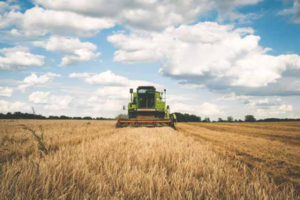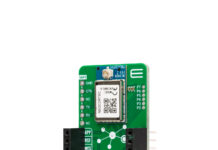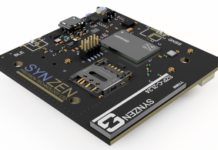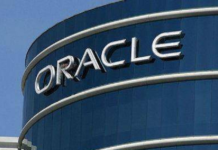
It is well-known that we are in the middle of a productivity boom, and that computers have helped with this. However, the Internet of Things has taken this to the next level, because of how it has helped us use machines.
Many industries have been impacted by this, and IoT will improve the productivity of these markets.
Agriculture and technology
First of all, you may not equate agriculture with technology, but it is becoming a competitive market. In addition to all the inventions in the farming industry, IBM has worked with Gallo wines to utilize a wide array of data from sensors in the soil with satellite imagery, as well as, weather updates.
Additionally, the company added an irrigation system that is tailored to each block of vines, which reduces water consumption and increases productivity and output.
Furthermore, these new applications are expected to offer 24/7 visibility into good crops and soil, utilizing machinery storage, the ways your animals behave as well as your energy consumption level.
How Internet of Things helps farming
Moreover, the open space IoT is a vital middle ware technology, which allows the person to safely walk into a field. Furthermore, you can use it for farming products; such as, smart metering devices, livestock trackers, and failure prediction systems. Additionally, if you’re a farmer, you will get solutions such as resource mapping and farming produce analytics.
Some of the things that you will be able to do with this technology is sensor-based field and resource mapping, remote equipment monitoring, predictive analytics for crops and livestock, remote crop monitoring and livestock tracking and geofencing. These are just some of the features companies, like Kaa, use.
Some additional tasks you can do are climate monitoring and forecasting, smart logistics and warehousing, as well as statistics on livestock feeding and produce. Moreover, you will be able to use warehousing and smart logistics.
The world seems to be catching on to this, and even companies such as Prospera recently added cameras and other sensors in fields to compare the crops. This will help the farmers identify problems such as parasites, pests, and nutrients deficiencies.
However, the utilization of the Internet of Things doesn’t stop here. According to Inc website, IBM and the Dublin City University Water Institute have launched a program that combines advanced analytics and Internet of Things that monitors and manages ecological systems.
This has the potential to manage the environment and can be a large step towards being ecologically friendly. Now that sensors are becoming cheaper and durable, we can now put them into water systems and remain up to date on data.
This aims to prevent ecological disasters, as well as reduce the impact on political systems.
The construction industry
Another industry that is positively impacted by the Internet of Things is the construction industry. If you own construction equipment, you will be able to rent idle machines and receive a better return on their investment, and lower the costs.
However, if you aren’t interested in doing that, another option is paying for the EquipmentShare technology that will track the machines and analyze the usage.
These are just some of the ways that the Internet of Things has changed how we stayed connected, and it will aim to help us to work smarter, not harder.
Source: techdigg.com



















